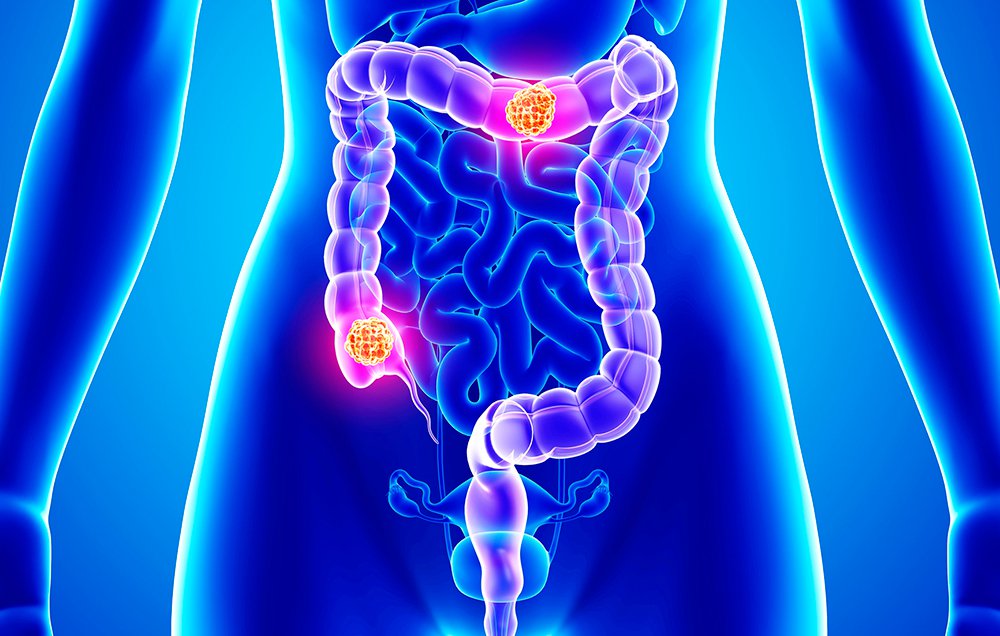The Wnt-βcatenin signaling transduction pathway controls transcriptional programs that regulate processes such as stem cell renewal and cell differentiation, playing key roles in the processes of embryonic development, adult tissue homeostasis, and carcinogenesis. Because some mutations in the pathway lead to cancer, it has been a target for finding novel therapeutics. Now, a research team from the University of Toronto have identified a key protein related to the pathway that supports the growth of many colorectal cancers. The protein, Importin-11, transports βcatenin into the nucleus of colon cancer cells, where it can drive cell proliferation.
The study, entitled “IPO11 mediates βcatenin nuclear import in a subset of colorectal cancers” was published today in the Journal of Cell Biology.
Around 80% of colorectal cancers are associated with mutations in a gene called APC that result in elevated levels of the βcatenin protein. This increase in βcatenin is followed by the protein’s accumulation in the cell nucleus, where it can activate numerous genes that drive cell proliferation and promote the growth and maintenance of colorectal tumors. But how βcatenin enters the cell nucleus after its levels rise is poorly understood.
“Because the molecular mechanisms underlying βcatenin nuclear transport remain unclear, we set out to identify genes required for continuous βcatenin activity in colorectal cancer cells harboring APC mutations,” says Stephane Angers, PhD, a professor in the department of pharmaceutical sciences at the University of Toronto’s Leslie Dan Faculty of Pharmacy.
To do that, the team, led by first author and graduate student Monika Mis, developed a new technique based on a positive selection, functional genomic strategy, DEADPOOL, to perform a genome-wide CRISPR screen. They screened the human genome for genes that support βcatenin’s activity in colorectal cancer cells after its levels have been elevated by mutations in APC and identified IPO11 as a required factor for βcatenin-mediated transcription in APC mutant CRC cells.
Angers and colleagues found that Importin-11 binds to βcatenin and escorts it into the nucleus of colorectal cancer cells with mutations in APC. Removing Importin-11 from these cells prevented βcatenin from entering the nucleus and activating its target genes.
The authors write that “IPO11 (Importin-11) is a nuclear import protein that shuttles cargo from the cytoplasm to the nucleus” and that “IPO11−/− cells exhibit reduced nuclear βcatenin protein levels and decreased βcatenin target gene activation, suggesting IPO11 facilitates βcatenin nuclear import.” In addition, IPO11 knockout decreased colony formation of CRC cell lines and decreased proliferation of patient-derived CRC organoids.
The researchers discovered that Importin-11 levels are often elevated in human colorectal cancers. Moreover, removing Importin-11 inhibited the growth of tumors formed by APC mutant cancer cells isolated from patients.
Inhibiting this transport step could block the growth of most colorectal cancers caused by elevated βcatenin levels. “We conclude that Importin-11 is required for the growth of colorectal cancer cells,” Angers says. Learning more about how Importin-11 transports βcatenin into the nucleus may help researchers develop new therapies that block this process and reduce the growth of colorectal cancers caused by mutations in APC.







